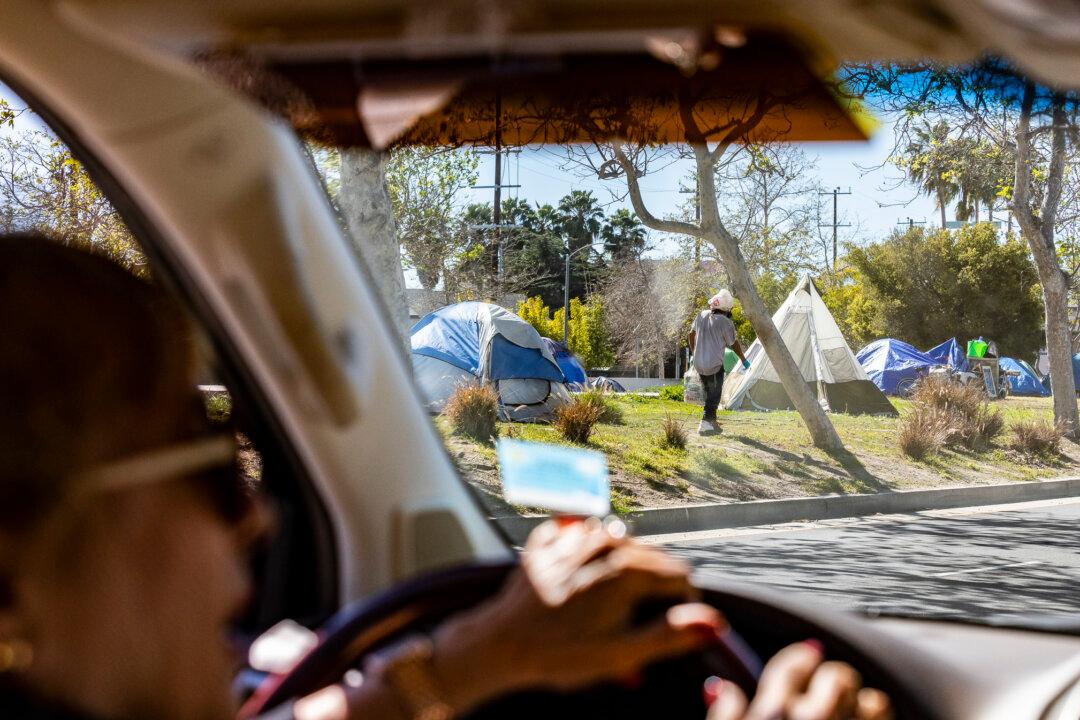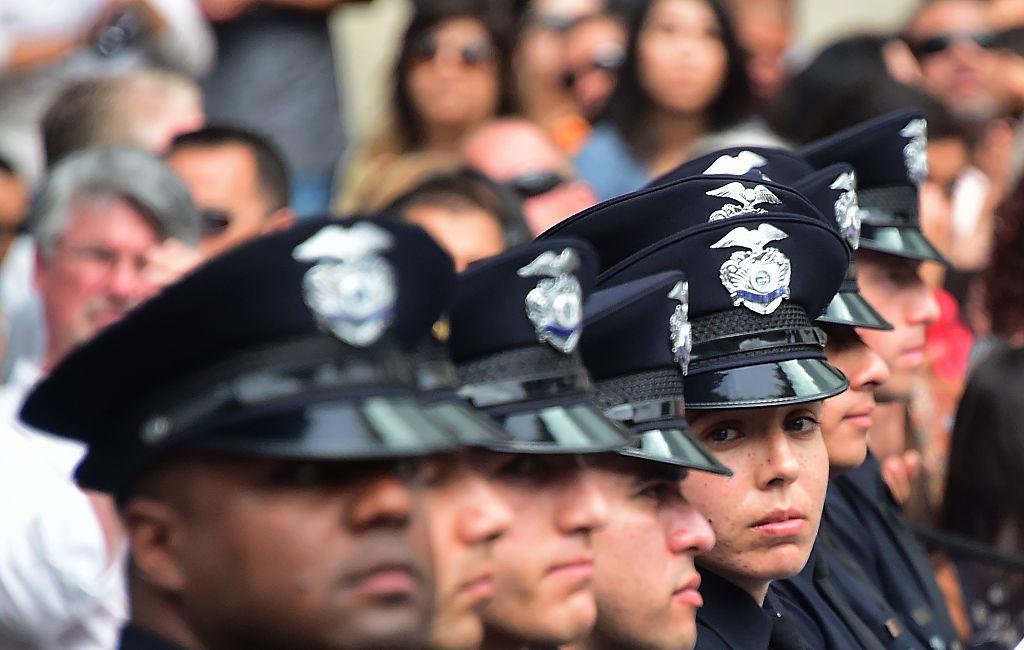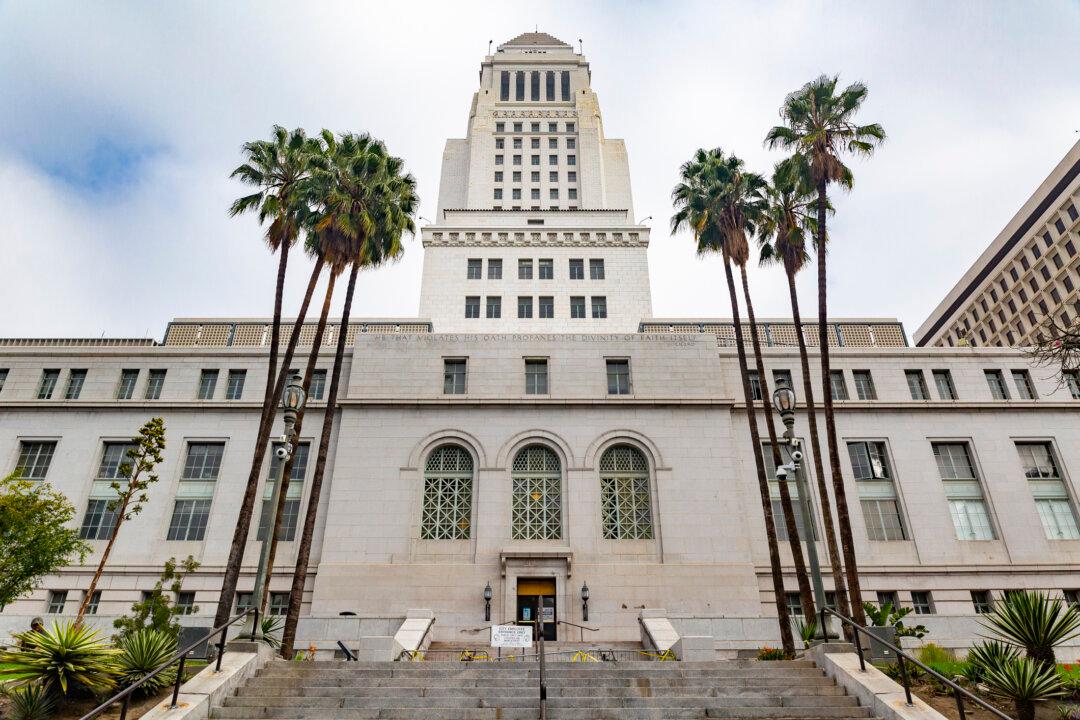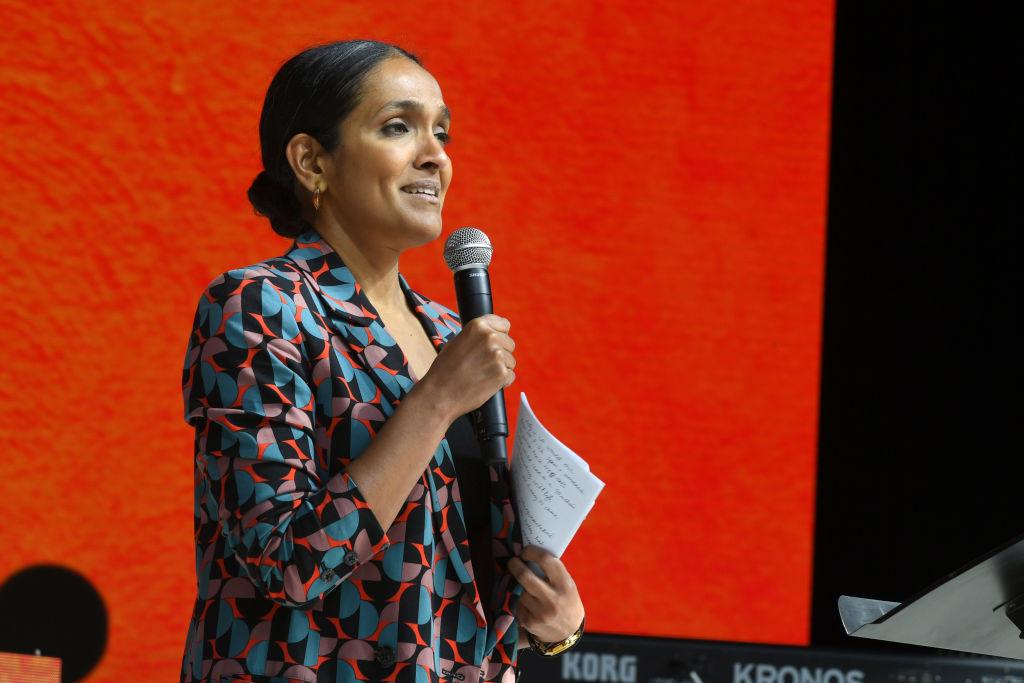LOS ANGELES—The race is on for who will replace Councilman Mike Bonin in Los Angeles’s District 11, which encompasses the Westside of the city and many of the pacific coast’s lavish beach towns. In the running are candidates Erin Darling, Traci Park, Mike Newhouse, Greg Good, and Allison Holdorff Polhill.
During a March 28 online discussion—dubbed the “Mobility Debate,” put on by progressive transportation group Streets for All—candidates shared their vision for a more “equitable” street mobility plan that addresses “housing, homelessness, and climate change.”





